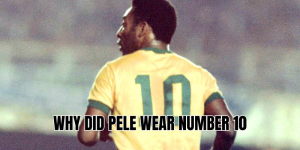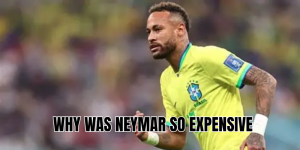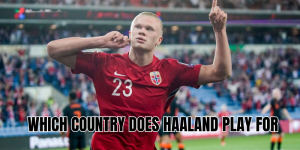From the first time people asked “why does Mbappé play for France“, the simple answer is: because he was born there, raised there, and it was his natural home for football. But, as always in football, behind that simple truth are choices, identity, eligibility rules, and personal pride. In this article, FreeKickSEO will walk you through the full story — how Kylian Mbappé came to don Les Bleus, what options he had, what rules apply, and what his decision means.
Early life and heritage
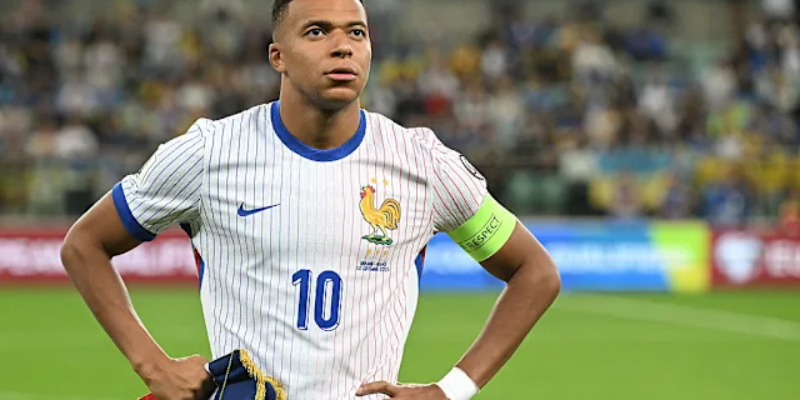
Kylian Mbappé Lottin was born on 20 December 1998 in Paris, France — specifically in the 19th arrondissement — and grew up in Bondy, Seine-Saint-Denis. His parents come from African roots: his father, Wilfrid Mbappé, is originally from Cameroon; his mother, Fayza Lamari, is of Algerian origin.
So, his heritage certainly gave Mbappé more than one possible way to represent on the international stage — Cameroon, Algeria, and France. But being born and raised in France meant that he had both legal eligibility and a cultural connection., his football formation happened in French systems: youth clubs, academies, etc.
National eligibility rules in football
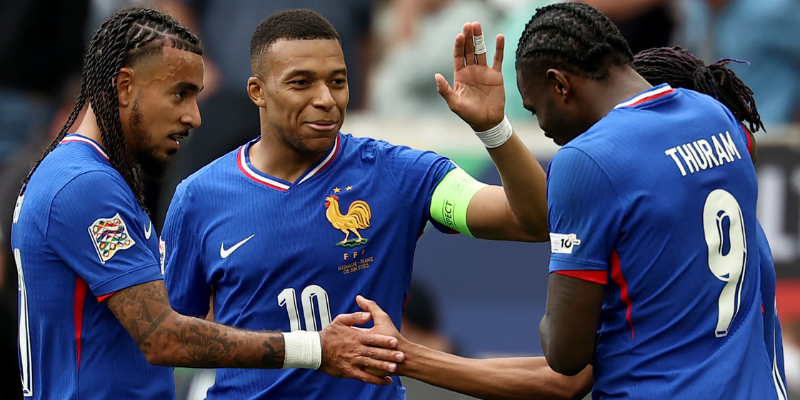
To understand why Mbappé represents France, we need to consider the FIFA eligibility rules and French nationality law:
- A player is generally eligible to play for a country if they have citizenship (or nationality) of that country. Being born in a country (or having parents or grandparents born there) are common routes.
- In Mbappé’s case, he was born in France, granted French nationality, and grew up in France. That immediately gives him eligibility.
- Even having parents (or grandparents) from other countries (Cameroon, Algeria) gives potential eligibility with those nations, but there are extra formal steps / choices, including whether the player applies and gets selected.
Mbappé, like many dual-heritage footballers, thus had options, but France was his natural choice.
Why he chose France over Cameroon or Algeria
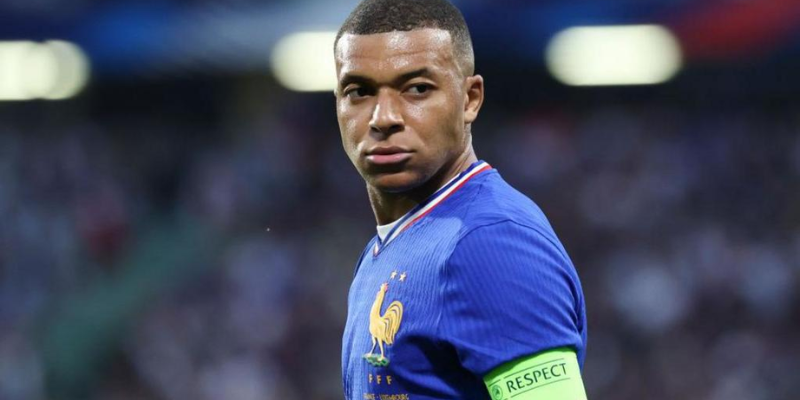
Several factors contributed to Mbappé choosing France:
- Rooted identity
- Because he was born in France and grew up there, speaking the language, going to school, training in French youth academies, his identity was heavily connected to France. His early footballing journey was through French clubs.
- Footballing infrastructure and opportunity
- France has one of the best pipelines for youth development, strong clubs, competitive leagues, and international visibility. For a prodigious talent like Mbappé, representing France meant access to high-quality training, chances to play in major tournaments, elite exposure.
- Parental influence and family background
- His father, Wilfrid, coached him in his early years in Bondy. His mother is French-Algerian. The environment he grew up in was fully immersed in French culture and sport. This likely made the decision less about “foreign vs home” and more about what felt right.
- No formal switch needed because of French birth
- Since he was born in France and held French nationality, there was no legal or bureaucratic barrier to starting his international career with France’s youth teams. Had he had to, he could have applied to switch to another nation, but there was no compelling reason for him to do so.
A choice that many multi-heritage players face
- Many players with mixed heritage weigh options. For Mbappé, Cameroon or Algeria were possible in theory — but opting for France offered greater stability, more competitive opportunities, and a sense of belonging. Public and competitive success with France
- Once he began representing France (youth levels, then senior debut in 2017), success followed: tournaments, goals, recognition. That only strengthened the bond.
Key moments in his international career with France
These milestones show not just that he plays for France, but why it’s been rewarding and affirmed for both him and his nation:
- Debuted for the French senior team in March 2017, aged 18.
- Played a starring role in 2018 World Cup, including scoring in the final, becoming one of the standout young players globally.
- Continued growth: becoming captain, scoring for France in European Qualifiers, Nations League, etc.
Misconceptions and other options
Some fans often assume Mbappé had to play for France or was forced. That’s not quite accurate. Here are some clarifications:
- He was not forced by any rule to represent France exclusively; he simply met the eligibility criteria most cleanly there.
- He could have chosen to represent Cameroon through his father, or Algeria through his mother — that requires expressing intent, getting official paperwork or approach. There have been reports and discussions in media about Cameroon’s interest, but nothing that led to a formal switch.
- Once he played for France at senior competitive matches (World Cup qualifiers, tournaments), switching becomes much harder or impossible under FIFA rules.
Cultural significance and identitye and identity
To many fans, why does Mbappé play for France is not just a legal or technical question — it’s about identity, pride, and what it means to represent a nation.
- For France, Mbappé is more than a player: he embodies modern French football, multiculturalism, youth, speed, and goals.
- For communities in Cameroon, Algeria, and throughout the African diaspora, Mbappé’s background resonates. His choice reminds that heritage matters, even when one opts to represent a country of birth.
What Mbappé says
Mbappé himself has, in interviews, expressed commitment to France. He has said that playing for his country is a great honor, that it feels like home. Despite occasional absences, he maintains that his loyalty to Les Bleus remains strong.
Summing it up: the full picture
Putting it all together, here’s why Mbappé plays for France:
- He was born in France, raised in France, holds French nationality.
- His football development was entirely within French systems.
- France offered the best opportunity for exposure and high-level international competitions.
- His identity, family, cultural ties align strongly with France.
- Once he started with France and achieved early success, the choice was more reinforced.
Conclusion
Why does Mbappé play for France? Becausewas the country of his birth, his home, his foundation — legally, culturally, personally. The choice wasn’t only about what was possible, but what felt natural and what offered the stage he needed to shine.
If you’re curious to dive dee, or a comparison of Mbappé’s international stats vs what he would have had with Cameroon or Algeria, FreeKickSEO can explore that too. Want to see Mbappé’s full international stat sheet, or compare other players with similar backgrounds? Just say the word.

